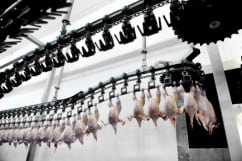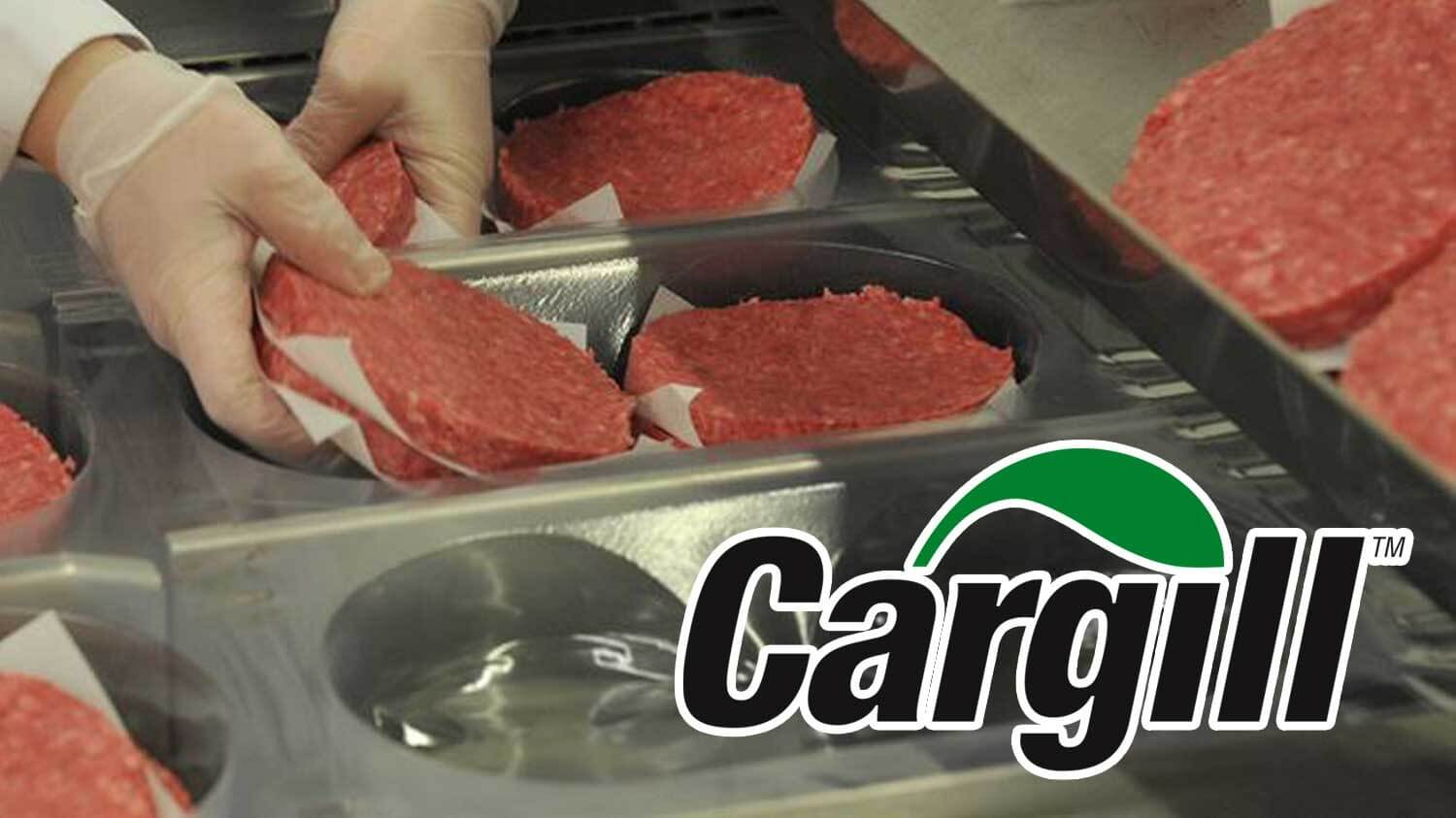Global food provider Cargill has unveiled plans to introduce the new SonoSteam technology to its main chicken processing site in the UK. The innovative piece of technology is part of the company’s farm-to-fork action plan designed to tackle campylobacter.
 Developed by Danish company Force Technology, SonoSteam combines the use of steam and ultrasound to kill microorganisms, such as campylobacter, on the skin and external cavities of chicken. It is expected the system will be in operation at Cargill’s Hereford site by the end of this year.
Developed by Danish company Force Technology, SonoSteam combines the use of steam and ultrasound to kill microorganisms, such as campylobacter, on the skin and external cavities of chicken. It is expected the system will be in operation at Cargill’s Hereford site by the end of this year.
“Cargill takes its responsibility for food safety very seriously, and we know that reducing campylobacter levels requires interventions across the whole supply chain,” explained Chris Hall, fresh chicken director of Cargill Meats Europe.
“We focused initially on our farms and primary processing and, analysing our results in the first half of this year, we have seen an improvement year-on-year of approximately 38%.”
According to Hall, Cargill has been closely tracking the development of new technologies and decided to adopt one as soon as it proved effective. “We are very excited to be taking these next steps with Force Technology,” he added.
Niels Krebs, vice-president of Force Technology, said that although SonoSteam had only recently been introduced as a method of fighting campylobacter, it had already been used to process millions of birds within the UK.
“This technology has proved itself capable of working day-in and day-out in a production environment and is not only cost-effective but has been proven effective at reducing campylobacter in an environmentally friendly way without chemicals, only water and a modest amount of energy. By installing this technology, Cargill has shown it is at the front edge of innovation,” explained Krebs.
Cargill’s step to tackle campylobacter has been commended by the Food Standards Agency, with its director of policy Steve Wearne commenting they “should be applauded for making this investment in the fight against the bug”.
The firm has invested £35 million over the past two years to improve efficiencies and technologies, as well as creating the state-of-the-art processing plant in Hereford. Cargill has already installed an £11m chiller in the fight against campylobacter.
– See more at: http://www.meatinfo.co.uk

